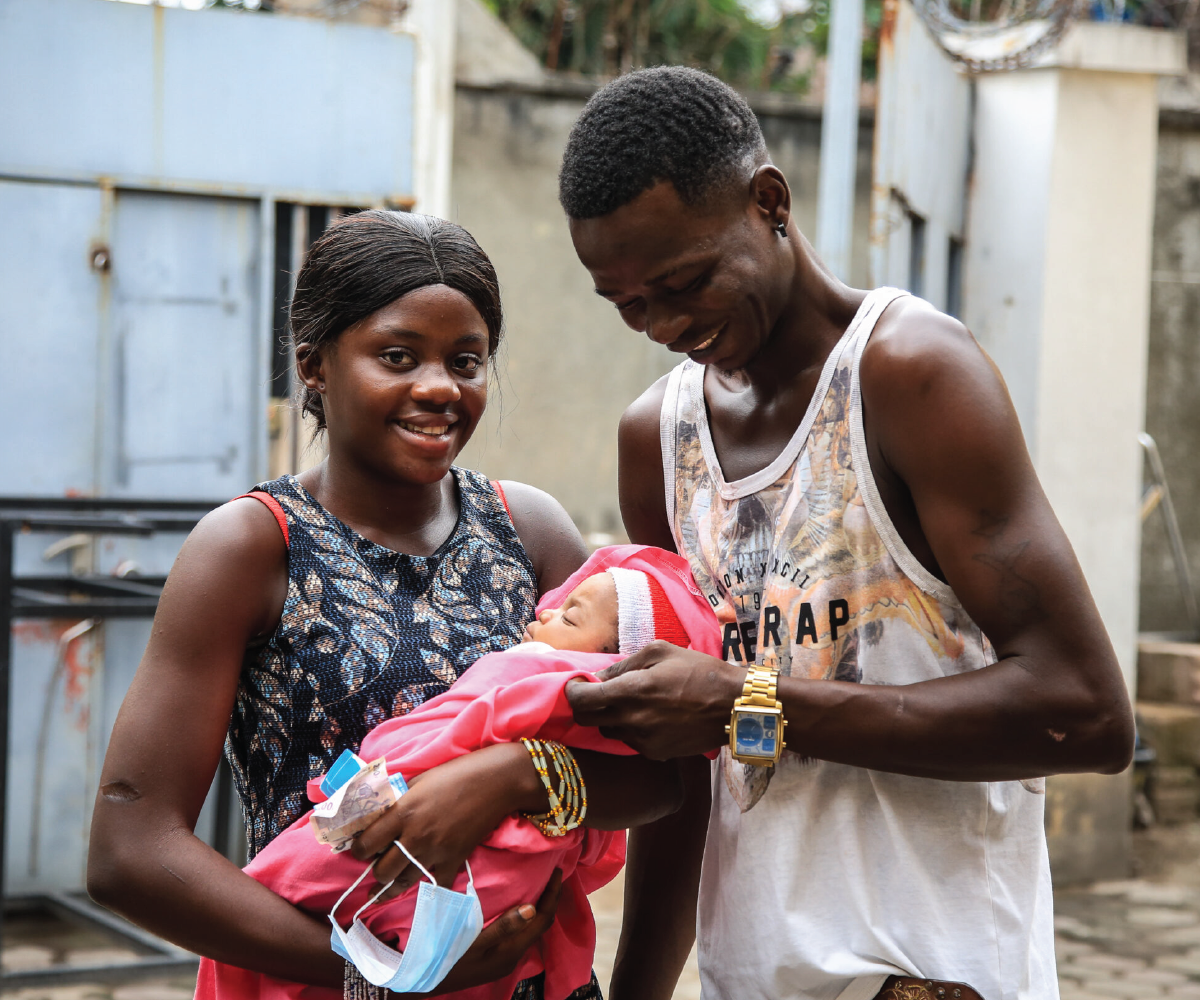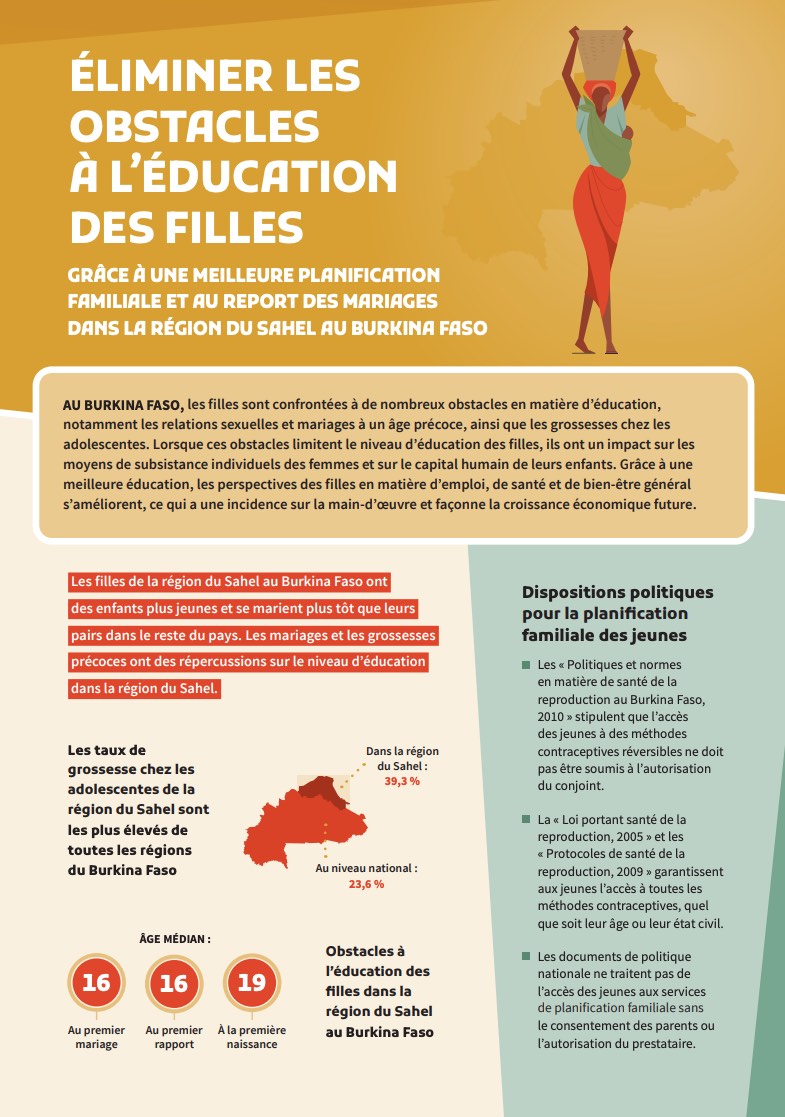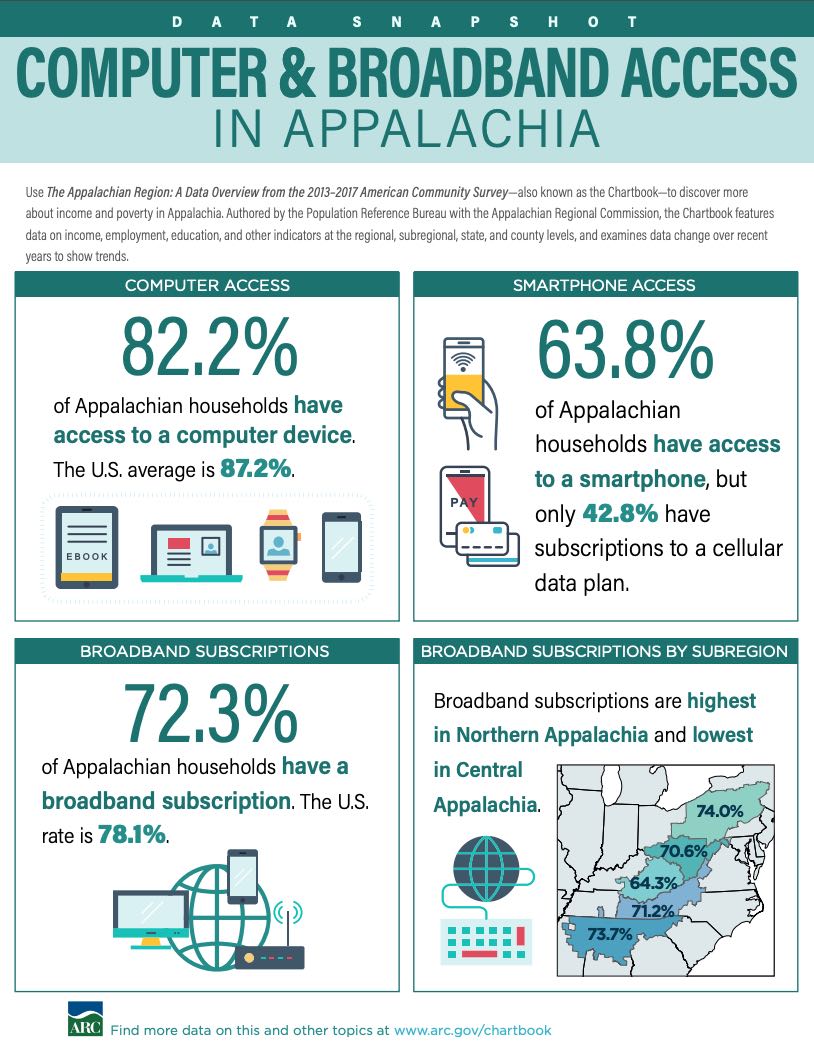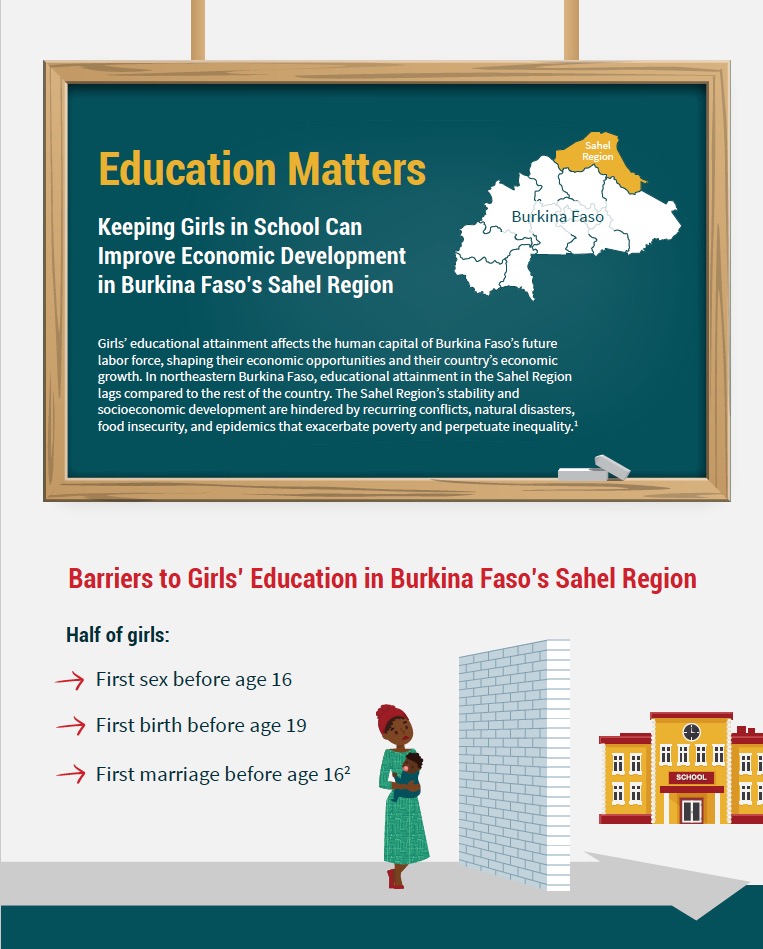PROPEL Health
PRB is a partner on the PROPEL Health project, which is working to support more equitable and sustainable health services, supplies, and delivery systems through policy, financing, governance, and advocacy.

PRB is a partner on the PROPEL Health project, which is working to support more equitable and sustainable health services, supplies, and delivery systems through policy, financing, governance, and advocacy.

Project: IDEA: Informing Decisionmakers to Act
The goal of “Improving Nutrition and Food Security Through Family Planning” is to raise awareness and understanding among decision makers about how family planning can help improve key measures of nutrition for mothers, infants, and children, as well as improve food security on a broader scale

(2020) The world is better equipped to fight a pandemic today than it was in 1918, when influenza swept the globe and infected up to one-third of the world’s population.1 While science and medical advances have given us new advantages in fighting disease, some demographic trends since 1918 may increase the risk for spreading contagions and our vulnerability to viruses.
Vaccines are one of the simplest, most cost-effective tools to improve public health. Vaccine-preventable diseases can lead to illness, disfigurement, and disability, and remain a substantial cause of death for young children.
(2010) Numerous studies have demonstrated the positive impact of girls' education on child and maternal mortality, health, fertility rates, poverty, and economic growth.

Project: PACE: Policy, Advocacy, and Communication Enhanced for Population and Reproductive Health
In Burkina Faso’s Sahel Region, an administrative region in the northeastern part of the country, girls are more likely to drop out of primary and lower secondary school than girls nationally, resulting in lower girls’ educational attainment in the Sahel Region compared to the rest of the country.

Project: American Community Survey and Decennial Census Support Services
82.2% of Appalachian households have access to a computer device. The U.S. average of 87.2%.

Project: PACE: Policy, Advocacy, and Communication Enhanced for Population and Reproductive Health
Girls’ educational attainment affects the human capital of Burkina Faso’s future labor force, shaping their economic opportunities and their country’s economic growth.